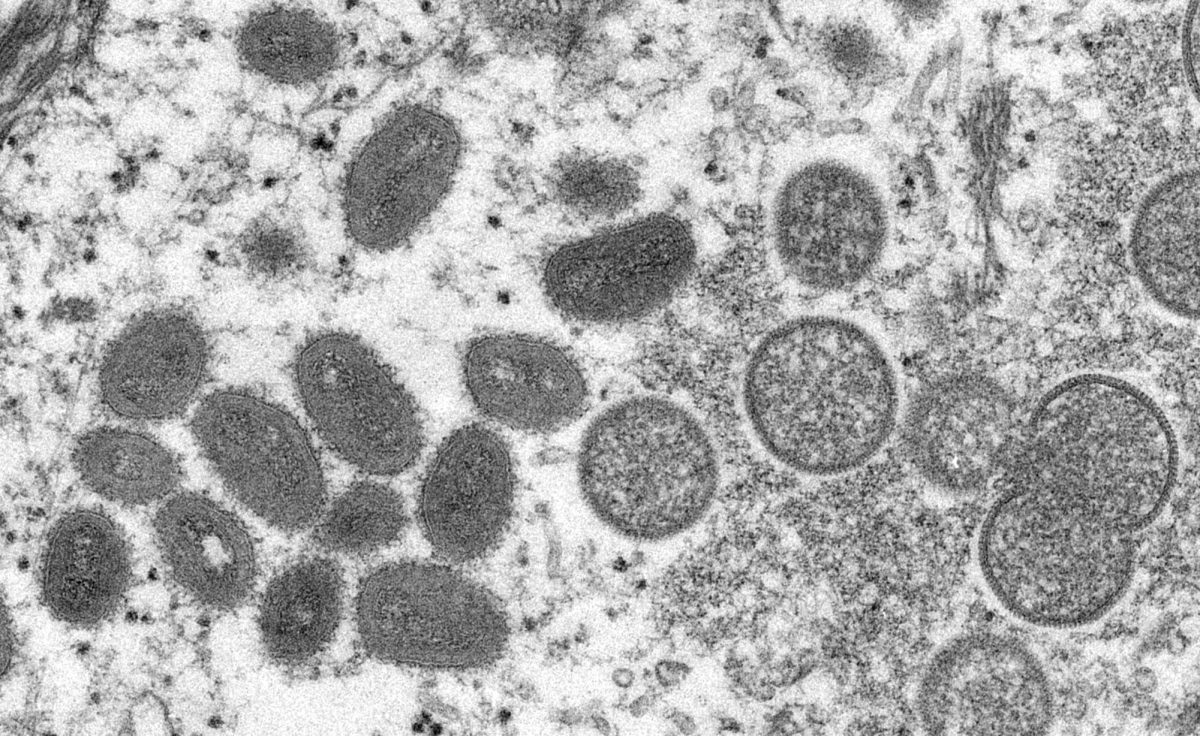Monkeypox has been discovered in more than 90 countries, though it originated from an orthopoxvirus which is endemic in parts of Africa, according to the CDC. The disease was, as the name states, first spread by monkeys in Africa according to the World Health Organization.
Monkeypox is most commonly spread through close contact and exposure to bodily lesions. Individuals begin to develop bumps on their body which eventually harden and crust, similar to chickenpox. However, these bumps are large and dark, and are prone to leave scars on the body if touched or scratched, according to the World Health Organization.
Monkeypox cases are rising, however it is still a rare disease to obtain here in Orange County; our cases are moderate right now, sitting at 83 probable cases compared to African countries which have had over 500 deaths due to Monkeypox, according to Radiant Health Centers and The European Center for Disease Prevention And Control.
“Covid made a real framework for how to handle situations like [this],” school nurse Kristal Smith said. “Obviously, this is a little bit different because [the virus is spread] by touch and is not airborne like Covid was, but if it was a true outbreak where it was everywhere and they didn’t feel like school was a safe place then they would follow COVID-19 protocol.”
Though both Monkeypox and COVID-19 are both zoonotic viruses, similarities are scarce. Monkeypox already has two vaccines that efficiently work against it, and infected people are easy to identify. Therefore the chances of a global pandemic are slim, according to AP news.
“I remember when I was going through 6th grade, Covid had just started,” sophomore Darya Janamian said. “And now my sister is in 6th grade and Monkeypox has started, and I don’t want her to have to go through the same education I had to go through.”
As Monkeypox is disseminated through social media and news, Janamian said that she educated herself on the topic by following the news lines covering the disease.
The CDC recommends washing your hands regularly and avoiding close contact with people who may be infected.
“I think Covid did heighten everybody’s fear of transmittable disease,” anatomy, chemistry and physics teacher Andrew Kranz said. “Just have background knowledge about epidemiology and what these diseases are, and beware of whose reporting on it and what their agenda might be.”
While countries are continuing to handle the repercussions of COVID-19, the National Library of Medicine states that while moving forward, public health strategies to prevent future outbreaks and also spreading awareness will be crucial in managing the disease’s potential impact.





